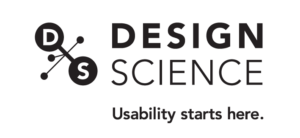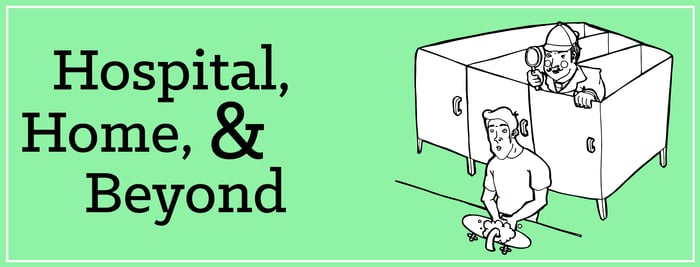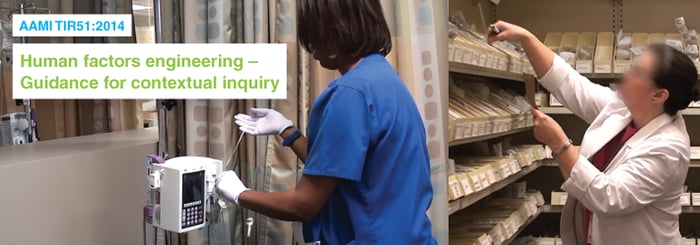Every few years, I try to improve my own product. Prompted by a sense of dissatisfaction with my clothing, I clean out and rebuild my wardrobe. I fill a trash bag with clothes to be donated, and feel accomplished as I look at my newly spacious closet. Each time I do this I’m convinced that I’ve solved the problem, only to be faced with that same problem again within a year or two. Read more
contextual inquiry
Video Capture and Analysis: 5 Ways You’re Hurting Your Video Analysis
/ in tips , contextual inquiry , design science , ethnographic research , news , Video , videography / by Christina SThis blog post is part two of a two-part series on using video records in contextual inquiry. Read more
Video Capture and Analysis: 5 Reasons to Film Your Research
/ in tips , contextual inquiry , design science , ethnographic research , news , Video , videography / by Christina SThis blog post is part one of a two-part series on using video records in contextual inquiry. Read more
The Unique Insights of Home Visits
/ in user-centered design , contextual inquiry , ethnographic research , ethnography , home , insight , news / by Christina SAt Design Science, our research most often focuses on the environments of medical professionals—ORs, cath labs, clinics. Yet some of the most rewarding research I have conducted here has involved visiting patients’ homes. Accompanied by a videographer, I’ve traveled past cornfields and baseball diamonds to meet families that are coping with serious conditions and investigate how they are wielding. Read more
Listen: Podcast on Human Factors & Usability Testing for TechnologyAdvice
/ in technologyadvice , contextual inquiry , ethnography , expert interview , FDA , news , prototyping / by Christina SCheck out Design Science founder Steve Wilcox's thoughts on ethnography, prototyping, the FDA, and more through TechnologyAdvice’s TA Expert Interview Series. Read more
Hospital, Home, and Beyond
/ in user-centered design , consumer insights , consumer products , contextual inquiry , customer education , ethnographic research , ethnography , news , personas , product design / by Christina SWhile Design Science is most well known for its experience in conducting ethnographic research at medical facilities, a growing number of our projects provide opportunities for us to venture outside of the hospital and apply our methodologies to the study of non-medical products. As a field researcher I have had the chance to participate in a number of “unconventional” projects that took me to. Read more
Steve Wilcox Co-Writes AAMI Guidance
/ in AAMI , contextual inquiry , design science , engineering , ethnographic research , human factors , news / by Christina SA new guidance for medical-device field research has just been released: the Technical Information Report, AAMI TIR51:2014, "Human factors engineering – Guidance for contextual inquiry." Read more






